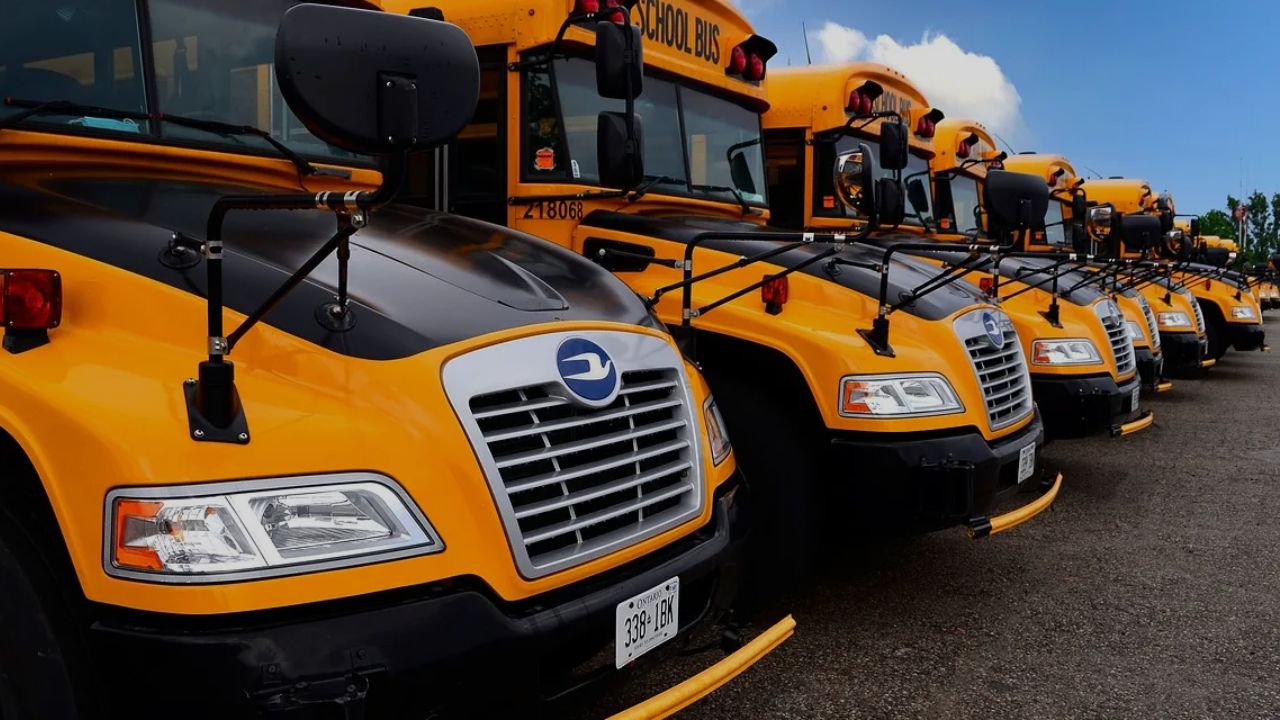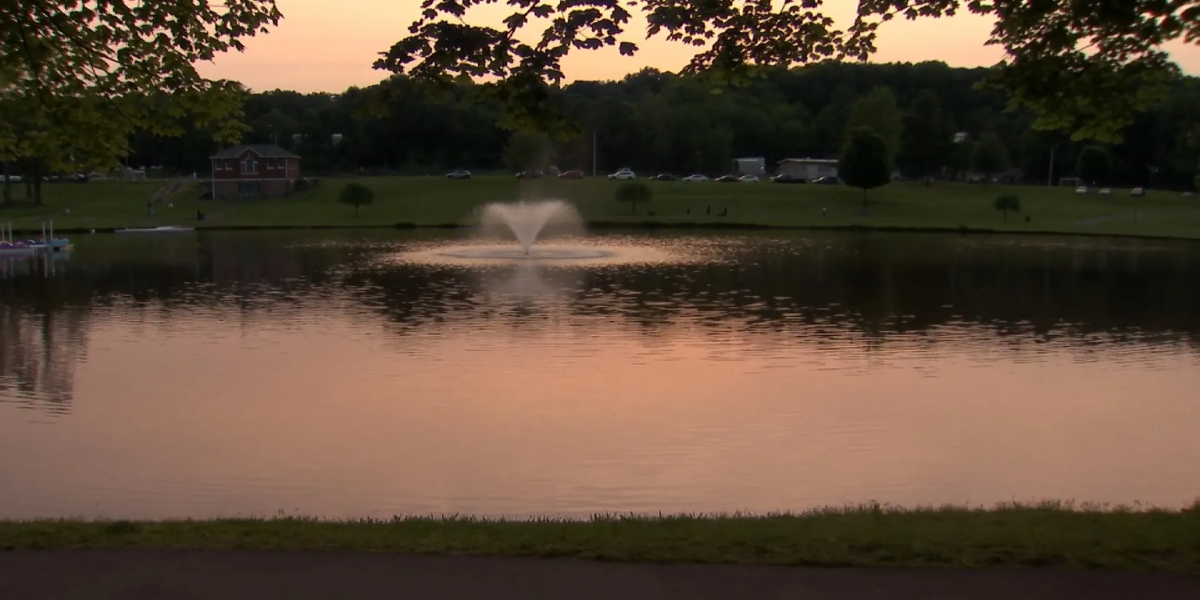Washington, D.C. – The Federal Communications Commission (FCC) is poised to reverse a significant Biden-era rule change that enabled nearly 200,000 schools and libraries to lend Wi-Fi hotspot devices, a move that could drastically reduce internet access for students on school buses and library patrons relying on mobile hotspots.
Scheduled for a vote on September 30, 2025, this decision has sparked concern among advocacy groups who stress that hotspots have been critical to bridging the digital divide, especially in rural and underserved communities. With one in five U.S. households still lacking reliable home broadband, many argue that ending this program risks leaving vulnerable populations further behind in education, employment, and access to essential services.
Controversy Surrounding FCC’s Reversal
The contentious debate centers on whether the FCC had the authority to expand the E-Rate program—which traditionally supports broadband services primarily for use inside school classrooms and libraries—to include off-premises Wi-Fi access via hotspots and school bus internet.
FCC Chairman Brendan Carr emphasized that the agency’s authority for this funding ended before the 2024 Biden administration rule change, expressing concerns about unsupervised internet access for children.
“The FCC also failed to demonstrate that these funding decisions would advance legitimate classroom or library purposes. I dissented from both decisions at the time, and I am now pleased to circulate these two items, which will end the FCC’s illegal funding unsupervised screen time for young kids,” Chairman Brendan Carr stated.
- Congress initially allocated $123 million during the pandemic to buy hotspots for schools and libraries.
- In fiscal year 2025 alone, schools and districts requested $27.5 million for Wi-Fi hotspots.
- The upcoming FCC decision would render new funding requests for off-premises Wi-Fi devices ineligible.
Advocates Warn of Worsening the Digital Divide
A coalition of prominent groups including the American Library Association (ALA), Schools, Health & Libraries Broadband Coalition, and the Homework Gap Coalition have urged the FCC to maintain the hotspot lending programs, highlighting the real-world benefits for students, jobseekers, veterans, and seniors.
“One in five households in our country still do not have access to reliable home broadband. Hotspots are not a permanent fix, but they’ll make sure students, jobseekers, veterans and seniors don’t get left behind,” said ALA President Sam Helmick.
The letter cites examples such as Farmington Municipal Schools in New Mexico, where Wi-Fi-equipped school buses allow students with lengthy commutes to work on homework during rides that can last up to two hours. It also reassures that the hotspots and bus Wi-Fi comply with stringent filtering requirements under the Children’s Internet Protection Act (CIPA) to prevent access to harmful content.
- The hotspots support educational needs, telemedicine, online banking, and other essential digital services.
- Programs are monitored and comply with existing internet safety regulations.
- The expansion aligns with other E-Rate modifications, such as internet in administrative areas and library bookmobiles.
Legislative and Political Actions
Republican lawmakers have challenged the Biden-era expansion, arguing that the E-Rate program was overstepped and should be limited to on-premises broadband discount services. Earlier in 2025, the Senate voted 50-38 along party lines to overturn the expansion, although a similar House bill remains unconsidered.
The FCC did not respond to requests for comment on the impending vote.
Read Also: New York Woman Accused of Using Fentanyl-Laced Drugs to Kill 3 Men and Rob Others
This vote and its consequences have been closely followed by education advocates and library supporters alike, with detailed reporting available through USA TODAY’s coverage of the issue.
What This Means for Students and Communities
Should the FCC follow through on ending funding for off-premises Wi-Fi hotspots, many students and community members could face renewed barriers to internet access. This could affect:
- Homework completion during long bus commutes
- Access to telehealth services in rural areas
- Job searches, online banking, and essential digital skills development
- Library services that rely on lending hotspots for connectivity outside the building
Looking Ahead: The Digital Divide Challenge Continues
The FCC’s upcoming decision highlights ongoing debates about federal roles in addressing internet equity. While Congress and advocacy groups continue to push for broader broadband access, limiting hotspot lending programs may stall progress in closing the “homework gap” and digital inequalities for millions of Americans.
What do you think about this development? Have you or your community been affected by school bus internet or library hotspot lending programs? Share your thoughts in the comments below!


 by
by 

